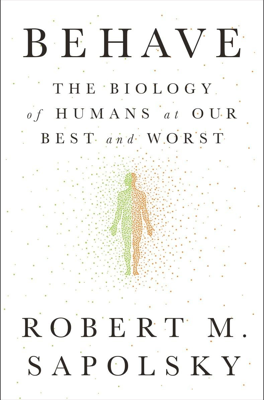The Evolution of Behavior
Evolution of Behavioral Traits
The chapter dives into the origins and evolution of behavioral traits through genetic evolution, spotlighting foundational concepts like genetic inheritance, mutations, and the natural selection process enhancing more "fit" gene variants. Theodosius Dobzhansky's statement, “Nothing in biology makes sense except in the light of evolution,” underscores the chapter's emphasis on evolutionary biology's centrality.
Clarifying Misconceptions in Evolution
It corrects common misconceptions, such as the idea that evolution always prefers survival of the fittest. Instead, it clarifies that evolution focuses on reproductive capabilities rather than mere survival. Other myths debunked include the notion of preadaptations and the assumption that living species are better adapted than extinct ones. Also, it dispels the perception that evolution inherently selects for greater complexity.
Behavioral Evolution
Behaviors are seen as adaptations shaped by natural selection, with the chapter exploring concepts like sexual and natural selection. These selections can sometimes oppose each other, as evidenced in animal traits that attract mates but reduce survival rates. Evolution does not always guarantee the most adaptive version of a trait overtaking all others; instead, variations can coexist or compete based on their situational advantages.
Group and Individual Selection
The explanation shifts towards the elucidation of both individual and group selection theories in shaping behavior. While group selection was once disfavored, newer insights suggest it might still play a role under specific conditions, offering a nuanced view of how both individual traits and group dynamics can influence evolutionary outcomes. Sociobiology and evolutionary psychology are pointed out as fields studying these very dynamics.
Human Behaviors and Societal Impacts
For humans, behaviors often straddle between individual benefits and societal impacts. The chapter touches on the complexities of modern human behaviors and societal structuring from an evolutionary perspective. It highlights how certain behaviors can generate both positive (cooperation, altruism) and negative (aggression, dominance) outcomes depending on the cultural, environmental, and social contexts.
Cultural and Genetic Evolution
Furthermore, cultural evolution is intertwined with genetic factors, influencing behaviors over generations. This section connects human societal evolution with prevailing cultural norms and values, illustrating how deeply embedded cultural practices can affect our behavior patterns today.
Integrating Evolutionary Insights
Conclusively, the text integrates these evolutionary insights with broader themes discussed in previous chapters, reinforcing the idea that both biological and cultural evolutions are crucial to understanding the underpinnings of behaviors. It emphasizes the importance of context, the variability of behaviors across different environments, and the necessity of a multidimensional approach to grasp the complexity of human actions.
